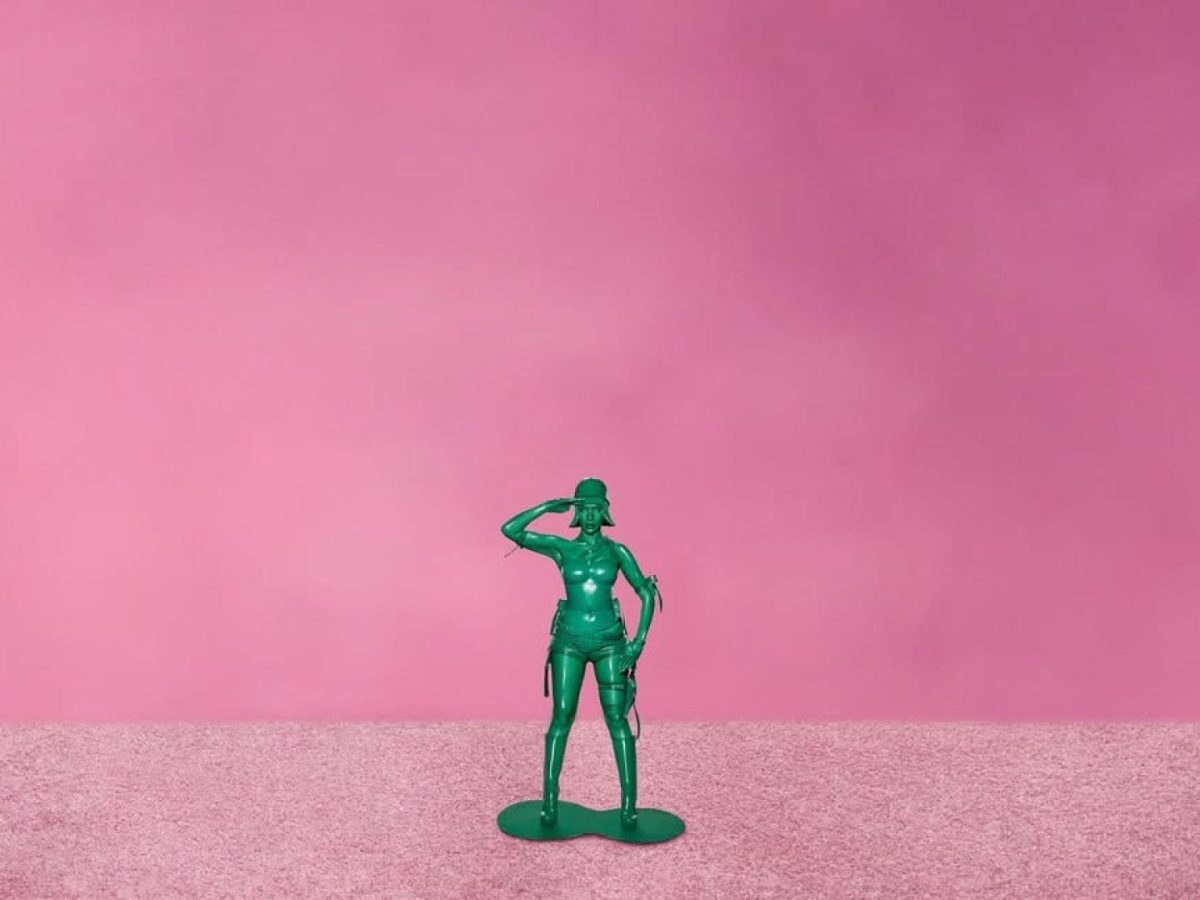
All is fair in love and war—or at least that’s how Mariah the Scientist frames it on her fourth studio album, HEARTS SOLD SEPARATELY. The project reads like the journey of a lover girl moving through the peaks and valleys of intimacy, romance, and heartbreak while preparing for whatever emotional battles come her way. In the album trailer, she issues a bold proclamation: “This is a warning. Your time is up. We will not be led by heartless womanizers. We are more than soldiers. We are heartbeats in a world of hollow men, defenders of a cause worth living and dying for. This is for the lovers.” The declaration sets the tone for what follows—an album that blurs the line between vulnerability and strength, between surrender and defiance.
Mariah has always been intentional with her wordplay. Like her previous record To Be Eaten Alive—a metaphor rooted in the venomous sting of a scorpion and her astrological sign—this project is layered with symbolism and carefully chosen language. She manages to transform unsettling, painful experiences into something eloquent, even beautiful, by presenting them through her unique lyrical lens. Love, for Mariah, is never simple. It is both salvation and struggle, a place where sacrifice is necessary and survival is never guaranteed.
That sense of duality comes through in “Sacrifice,” where she reflects on how transformative yet demanding love can be. The song highlights her yearning for a connection so pure that it brings her back to herself, even if it requires constant selflessness from both sides. The push and pull between desire and survival echoes throughout the project, emphasizing that with love, there is always a cost to pay.
On “United Nations + 1000 Ways to Die,” Mariah folds her spiritual devotion into the narrative of romantic conflict. She invokes the imagery of creation and her faith in God, asking for healing and guidance in a world that often feels brokenhearted. Layered drum beats carry a military cadence, underlining the theme of love as a battlefield while also symbolizing her role as a soldier searching for peace.
The ethereal “Eternal Flame” shifts the mood, exploring the intoxicating intensity of a connection that feels destined, almost divine, even when it threatens to consume everything in its path. Love here is magnetic, irresistible, and yet inevitably painful—like stepping too close to fire while knowing you’ll get burned. It’s this tension that gives the album its power: the acknowledgement that passion and pain often coexist.
Mariah’s strength lies in how she builds her albums as complete worlds. The songs flow seamlessly into one another, pulling the listener deeper into her perspective. Even when she sings of heartbreak, resentment, or betrayal, there’s resilience embedded in her delivery. She refuses to shrink from her pain; instead, she confronts it head-on and transforms it into music that is both melodic and haunting. The lead single, “Burning Blue,” makes that point clear—it’s now or never, a fight to claim what love is supposed to be rather than what it too often becomes.
On “Rainy Days,” she reflects on innocence lost and the harsh reality of loving someone who manipulates or takes advantage of vulnerability. The song carries the ache of betrayal, of realizing that love was weaponized for entertainment. It’s a narrative many can relate to—giving yourself to someone who seemed safe, only to discover the illusion of intimacy. The pain lingers, but so does the reminder that what was taken does not erase the love that was once real.
That sentiment culminates in “No More Entertainers,” where Mariah strips away the façade and faces the truth of what happens when love becomes performance. She questions whether the intimacy was ever authentic or just a fantasy crafted for show. Here, the tension between vulnerability and illusion is at its sharpest, and the listener feels the sting of codependency, passion, and regret colliding.
By the album’s close, Mariah leaves us with an unsettling but powerful question: “Why do I and everyone I love pick people who treat us like we’re nothing?” It’s a reflection that digs deep into self-worth, touching on the universal truth that people often accept the love they think they deserve. The beauty of HEARTS SOLD SEPARATELY lies in its refusal to offer easy answers. Instead, Mariah holds space for the complexity of heartbreak, resilience, and growth. She acknowledges that while we can’t always choose whether we get hurt, we can decide who is allowed to break us—and how we’ll rise afterward.
In the end, Mariah the Scientist doesn’t shy away from the ugliness of love, but she doesn’t surrender to it either. Through lush melodies, biting lyrics, and a balance of softness and strength, she turns her personal battles into anthems for anyone who has loved, lost, and loved again. HEARTS SOLD SEPARATELY is more than an album—it’s a declaration that even in the face of pain, the heart remains unrelenting, beating, and ready for the next fight.